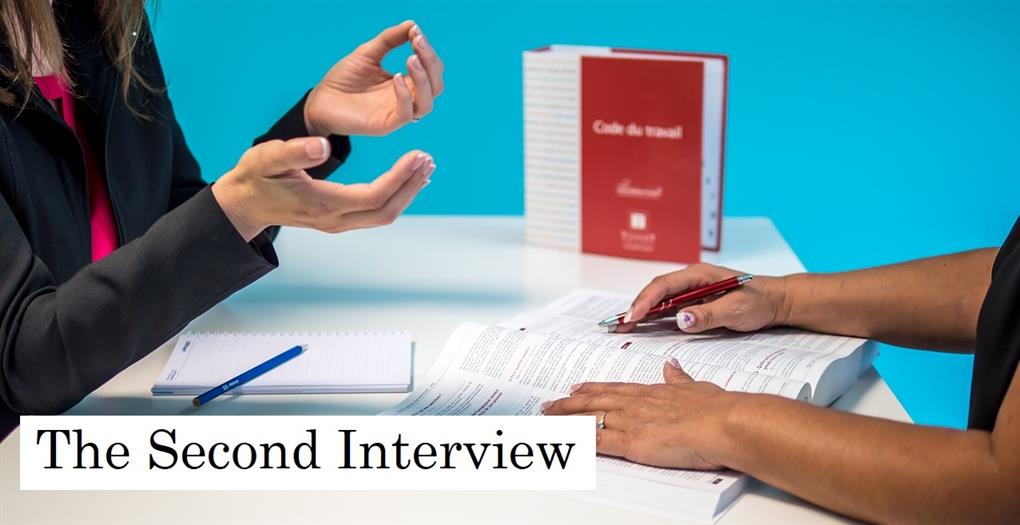‘Tell me about yourself’ is a question posed by nearly every interviewer, yet research from Aaron Wallis Sales Recruitment suggests that it is a question that a vast amount of people struggle with: on average over 33,000 people in the UK search online each month for answers or guidance on answering the question (Google Keyword Planner, 2018)
With this in mind, sales recruitment agency, Aaron Wallis, has collated a series of hints and tips for getting the most out of the common interview question and performing to your best ability.
Be prepared
As ‘tell me about yourself’ is such a common interview question, there’s nothing silly about writing down your answer and saying it in front of the mirror, or practicing your answer with someone you know. Whilst it can be good to have a rehearsed answer, it's also worth bearing in mind that you don’t want to sound like you’re reciting it from memory. Be prepared to appear confident but natural.
Structure your answer
The best answers to the question give a brief overview of you and your experience, without taking too much away from the later stages of the interview.
Begin by outlining your current or most recent role and describing the skills or attributes that you bring or brought to the position, ensuring these will be relevant to the job you’re going for.
Finish up by saying while you’ve enjoyed your work, you’re excited for the fresh challenge this new opportunity brings, and why.
Consider what you want to get across
A common pitfall is mentioning too much about yourself that may either cause you to waste time during your interview or lose the natural flow of the conversation. Chances are that your interviewer has already studied your CV, so does not need to be told about every job you’ve ever had, or what your exam results were – even if they were straight As.
Avoid the irrelevant or controversial
Similarly, although you might be a cycling fanatic or a keen cook, this can be totally irrelevant at the start of the opening stage of the interview. In the majority of job interviews, avoid talk of family, pets and politics.
Get ready for the following questions
If you’ve introduced yourself well, your interviewer is going to be impressed and keen to delve deeper. He or she will want to explore your experience, strengths and weaknesses further, but will do so under the impression you’re a good fit for the role. Make sure you can back up your initial answer with examples or anecdotes. So, if you said: “In my current role I have increased sales by broadening our customer base,” just make sure you’re ready to answer follow-up questions later in the interview like: “How much did you increase sales by?”, or “How many extra customers did you bring on board, and how did you find them?”
Robert Scott, Managing Director of Aaron Wallis said: “Often the simple questions can be the ones which are the most unnerving if you haven’t considered what you might say. Generally, it can be a good idea to plan out the interview in your head from the very start to the very finish. It’s never a bad thing to be overprepared!”
1 Data from Google’s Keyword Planner, looking at average monthly searches for queries relating to ‘answering the tell me about yourself question’ from June 2017 - May 2018 in the United Kingdom



